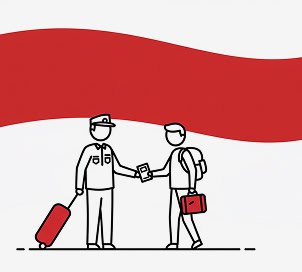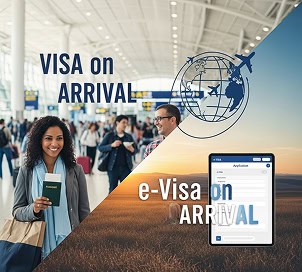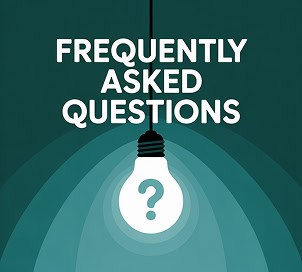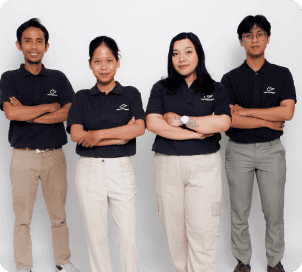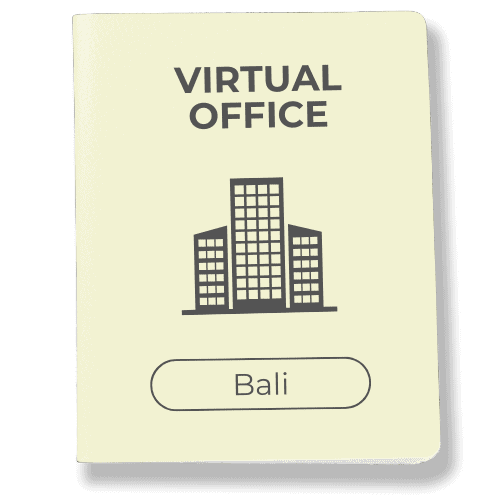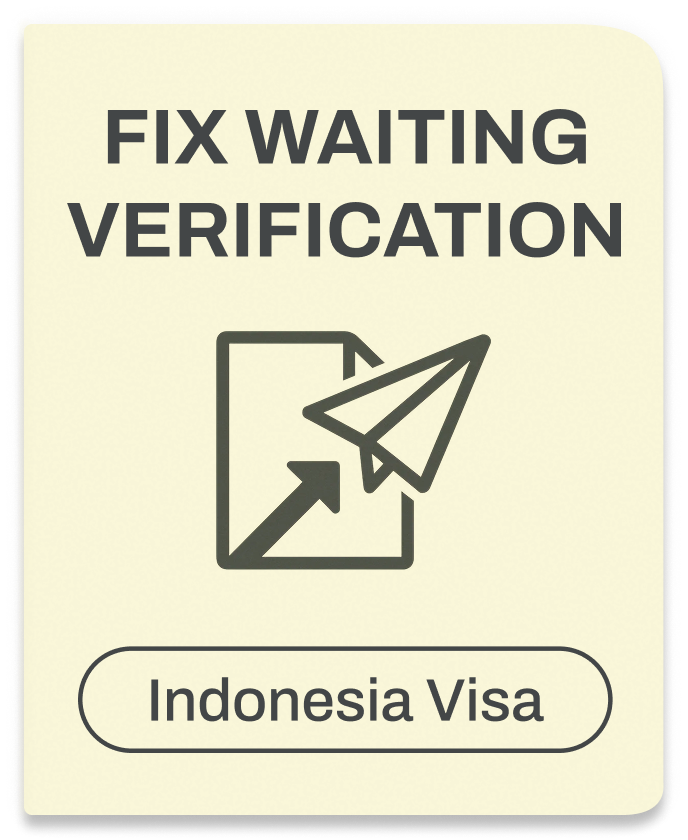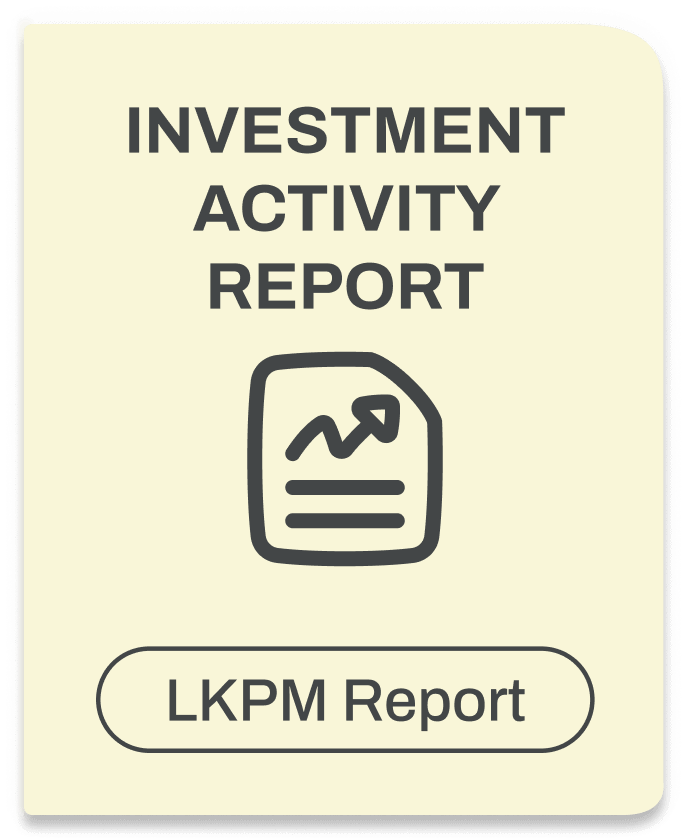印尼來電簽證:2026 年限制國籍完整指南
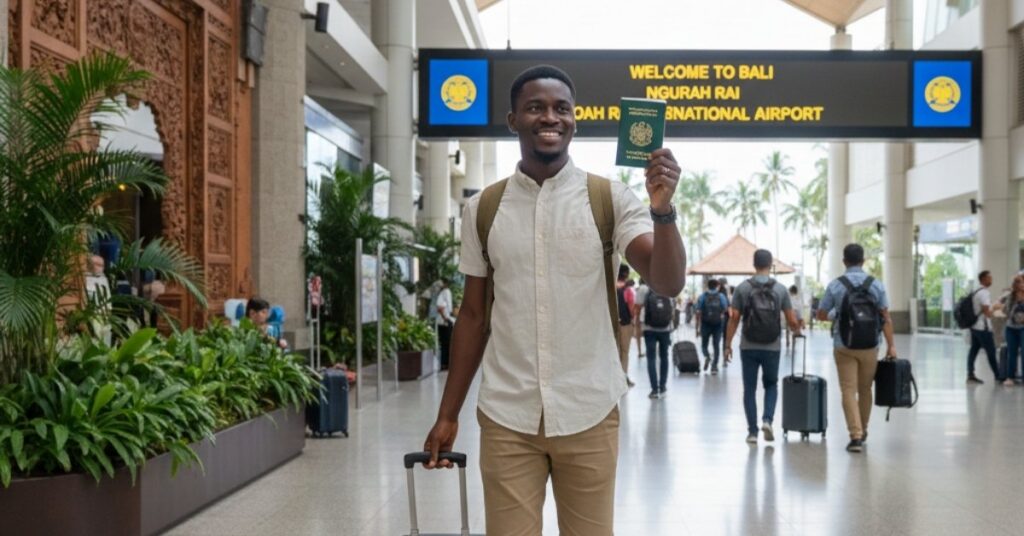
若您持有特定國家的護照,入境印尼並非僅需預訂機票並現身即可。您需要申請名為「印尼簽證」的特殊入境許可,此許可需經過額外安全審查;可視為印尼對入境者實施的嚴格把關機制。.
快速免責聲明: 簽證規定變動頻繁,因此在規劃行程前,請務必向印尼移民局確認最新要求,或查閱官方法規(司法部與人權部第22/2023號法令)。.
本指南僅供參考。所有入境與否的最終決定權均由移民當局掌握。.
目錄
一覽無遺——印尼工作簽證速覽
以下是您需要立即了解的重點:
- 誰需要它: 目前,來自阿富汗、以色列、北韓(朝鮮民主主義人民共和國)、利比里亞、奈及利亞及索馬利亞的護照持有者需申請授權。並非所有國籍皆需授權,但上述國家公民必須申請。簽證要求國家清單可能變動,請務必於旅行前確認最新規定。.
- 主要目的: 印尼採用此系統進行額外審查。他們正檢視安全狀況、移民問題及公共衛生風險。.
- 典型住宿: 根據現行簽證規定,通常為30天左右;歷史上亦與60天訪客簽證掛鉤,因此具體機制可能有所不同。.
- 簽發地點: 您可在出發前於您所在國家的印尼大使館或領事館辦理,有時亦可在特定機場及海港辦理。.
- 你能處理這個問題嗎? 不,除非您持有有效的工卡或工作居留證(印尼的臨時居留許可)。.
- 逾期居留罰款: 別想了。你面臨的是罰款、拘留、驅逐出境和列入黑名單。.
本指南適用對象
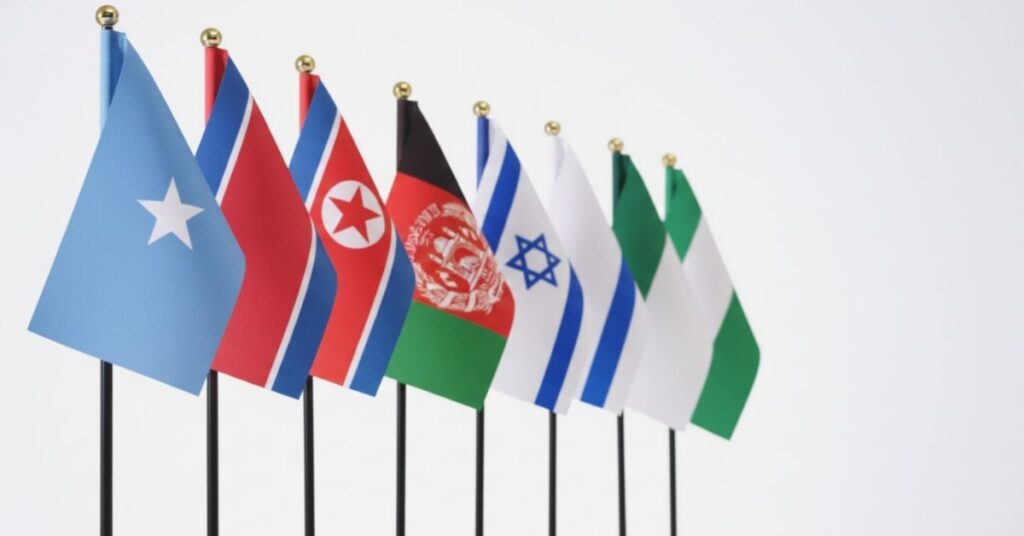
持有免簽證國家護照的旅客
若您的護照屬於這七個免簽國家之一,您不能直接使用常規簽證申請。 旅遊簽證 或 e-VOA 其他國籍人士享有的選擇權。對於來自簽證清單的簽證持有者而言,這些選項根本不存在。你必須先取得這項特殊授權,這意味著更多文書作業、更長等待時間,以及更多繁瑣程序要克服。.
擔任贊助者的印尼企業、機構及家族
您可能是印尼企業的人力資源經理,正試圖引進商業合作夥伴;或是負責接待國際客戶參與活動的機構主管;又或是印尼公民,希望邀請配偶或家人前來探親。若受邀者持有需簽證國家的護照,您便需擔任其擔保人並提供保證人推薦函。.
何謂印尼的召職簽證?
召見簽證是印尼針對特定「高風險」國家公民所設的特殊簽證類別,持有人須取得此簽證方能入境印尼。與普通旅遊或訪問簽證不同,其審核程序更為嚴格:申請案需經多個政府機關審查,且外籍人士必須擁有可信的印尼擔保人(如企業、機構或家庭成員),由其承擔在印尼居留期間的責任。.
印尼政府為何如此行事?其中涉及多重因素:部分國家存在政治局勢不穩、犯罪率偏高,或在印尼境內屢屢發生簽證濫用案例的歷史紀錄。此外亦涉及疾病防控考量。此舉看似嚴苛,但印尼確實擁有決定入境者資格與條件的主權。.
真正重要的是你持哪本護照旅行,而非當下居住或工作地點。因此即使身為已在倫敦定居十年的奈及利亞公民,你仍需取得此項授權——因為你的國籍屬性終究是奈及利亞。.
Visa 國家/地區名單查詢
截至目前,下列六個國家名列此清單:
- 阿富汗: 安全疑慮與不穩定的政治局勢
- 以色列: 複雜的政治考量
- 朝鮮民主主義人民共和國(DPR Korea): 外交與安全問題
- 利比里亞: 簽證濫用國家的過往模式
- 奈及利亞: 頻繁的違規事件與安檢需求
- 索馬利亞: 衝突地區的政治動盪與安全隱憂
為何某些國家會被列入名單
印尼並非隨機挑選國家列入此名單。其中涉及多項考量因素:
- 不穩定的政治與安全狀況 在母國進行背景核查的難度更高
- 高犯罪率 或逃犯可能試圖藏匿於印尼的風險
- 頻繁的簽證濫用 該國過去簽證持有者,逾期居留、非法工作,這類情況
- 未受控制的病例 印尼欲保護其人口免受某些疾病侵害
資格核對表 – 您是否可能獲得批准?
在您投入大量文書作業並為此過程花費金錢之前,請務必審慎評估自己是否真正具備獲批資格。印尼當局在審核時會同時考量申請人與擔保人的條件。以下是他們關注的重點:.
申請人須知
在開始這個過程之前,請先問自己:
- 我的有效護照是否至少還有6-12個月的有效期?
- 我的移民記錄是否清白?沒有逾期居留、遭驅逐出境或違反規定的紀錄?
- 我是否有明確且合法的理由造訪印尼領土?
- 我能否證明自己有足夠的資金在逗留期間維持生計?
- 我的旅行記錄是否良好?(曾造訪印尼領土或其他國家且未發生問題有助於申請。)
- 我是否願意在所有回答中保持誠實與一致?
贊助人/擔保人
若您是印尼擔保人,也需符合特定標準:
- 您是印尼境內的法人實體(公司)或合資格個人嗎?
- 您有印尼稅號(NPWP)嗎?
- 您能提供營業執照或有效身份證明文件嗎?
- 您是否有銀行紀錄顯示財務狀況穩定?
- 您自身的移民合規記錄是否清白無瑕?
請注意,當局還會考量更廣泛的因素:關於您所在國家的安全情報、外交事務考量,以及您母國的當前公共衛生狀況。其中部分因素完全超出您的控制範圍。.
申請人須知(必備文件)
讓我們將這件事拆解為「你絕對需要」和「你可能需要」兩部分。.
強制性文件(典型)
- 有效護照: 自您計劃入境日期起,有效期至少為6至12個月
- 已填妥的申請表格: 請仔細且準確地填寫
- 近期照片證明: 通常為護照尺寸,符合特定要求
- 資金證明: 銀行對帳單證明您有能力負擔此次旅程
- 來回車票: 證明你計劃離開印尼
- 詳細行程: 你將前往何方,你將遇見何人,你將做些什麼
- 住宿證明: 飯店預訂或您接待方的信函
常見額外需求
根據您的情況,您可能還需要以下文件:
- 個人履歷或背景資料表: 您的教育背景、工作經歷、家庭詳情
- 無犯罪紀錄證明: 由您本國簽發的證明文件,證明您無犯罪紀錄
- 在職證明或營業證明: 雇主出具的信函或業務證明文件
- 健康保險: 在印尼境內有效的保障範圍
- 疫苗接種證明: 特別是當涉及到與貴國相關的公共衛生問題時
印尼擔保人與保證人之要求
誰可以擔保工作簽證?
並非任何人都能擔任您的擔保人。移民當局需要確保您的擔保人具備合法資格且負責任。合資格的擔保人包括:
- 持有有效營業執照的註冊公司
- 政府機構
- 在印尼運作的外國大使館
- 認可組織(非政府組織、宗教團體)
- 符合特定收入與信用標準的個人
關鍵在於:你的擔保人必須簽署一份擔保推薦信。這等同於聲明:「本人對該人士在印尼期間的行為及相關費用承擔責任。」這絕非兒戲之事。.
贊助方文件
如果一個 公司贊助您, 他們需要提供:
- 公司文件: 設立契約、NIB/OSS登記、營業執照、納稅人識別號碼(NPWP)
- 最新稅單: 證明其稅務義務已履行完畢
- 身份證明文件及聯絡資料: 簽署擔保書之負責人相關資訊
- 贊助信: 一封正式信函,說明邀請您的原因、您將停留的時間長短、您與邀請方的關係,以及他們承諾遵守所有簽證規定。
- 擔保人推薦信: 他們為你承擔責任的法律文件
贊助商的法律風險
若您正考慮為他人擔保,請務必理解潛在風險。這絕非僅是簽署文件後便能置身事外。以下是可能發生的情況:
在申請過程中,您可能需要接受面談以核實相關資訊。若您的訪客逾期居留或違反印尼法律,您可能需承擔法律責任。您可能面臨制裁、罰款,甚至被列入黑名單而無法再為他人擔保。此事性質嚴肅,因此許多擔保人會委託專業簽證代理機構處理,以確保所有程序正確無誤。.
步驟說明:如何申請通話簽證

讓我們逐步走完整個流程。.
步驟一 – 確認您確實需要簽發簽證
首要之務:務必確認您確實需要此類簽證。請核對您的國籍與訪台目的,或許另有適用於您的其他選擇,或您持有免此類授權的第二國籍護照。切勿妄下結論,務必查證。請查閱官方移民公告,或使用其線上核驗工具(如有提供)。.
步驟二 – 選擇正確的簽證類型與停留期限
您是來觀光還是商務洽談?您可能需要申請訪客簽證。計劃工作或投資?您需要申請限期居留簽證。您需要單次入境還是多次入境訪客簽證?30天停留期是否足夠?還是需要探索更長居留許可的選項?請及早做出正確決定,因為這將影響後續所有安排。.
第三步 – 取得合資格的印尼擔保人
這可能是最棘手的部分。若您是商務訪問,請聯繫您將合作的印尼公司。若是家庭探訪,您的印尼親屬可擔任您的擔保人。若您是參加活動,主辦單位可能擔任您的擔保人。.
以下是我強烈建議:即使您已找到擔保人,仍應委託駐紮於雅加達(印尼首都)的資深簽證代理機構辦理。簽證申請流程耗時且繁複,專精於處理各類簽證需求的代理機構最清楚移民局審核重點。多數機構提供免費諮詢服務,可協助評估您的申請狀況。.
步驟 4 – 準備及提交文件
您需收集所有必要文件並寄送給您的擔保人或代理機構。擔保人或代理機構將彙整所有文件成完整檔案以供遞交。所有文件必須條理分明、內容一致且齊全。任何一份文件遺漏都可能導致整個流程延誤數週。準備就緒後,他們將把所有文件遞交至相應的印尼大使館或移民局。.
步驟五 – 多機構審查與核准
這時事情就變得嚴肅而緩慢。您的簽證申請不會僅僅停留在某個人的辦公桌上。提交的簽證申請需經過多個印尼政府機關審核:
- 印尼移民局: 他們會查核您的簽證歷史與目的
- 警察總部: 他們進行背景調查
- 戰略情報局(BAIS): 印尼國家武裝部隊情報單位關注安全問題
- 其他機構: 根據您計劃前往的地點或計劃進行的活動,其他機構可能會審查您的個案。
在此階段,您或您的擔保人(或雙方)可能被要求接受面談。面談可能透過Zoom進行,或親赴雅加達面談。面談時將詳細詢問您的行程規劃、與擔保人的關係、財務狀況等相關事宜。請保持誠實且陳述一致。.
步驟六 – 簽證核發與入境印尼
若您的申請獲准(恭喜!),簽證將由您提交申請的印尼大使館或領事館核發,有時亦可能於入境印尼的特定口岸簽發。此階段您需繳納規定的簽證申請費(費用金額因簽證類型及國籍而異)。請留意簽證有效期,通常簽證核發後有特定時限(多為90天)可供使用。.
步驟七 – 抵達後:後續步驟與潛在轉換
一旦抵達印尼,您可能需要根據簽證類型採取額外步驟。部分短期簽證要求您在抵達後盡快申請常規簽證或居留許可,而其他類型則屬獨立簽證,僅在授權停留期結束時失效。若您無意轉換其他簽證類型,請務必確保在印尼短期簽證到期前離境。.
資訊:我們作為一家位於峇里島的簽證代理機構,目前很遺憾無法協助辦理電話簽證申請。.
處理時間、成本及其差異如此之大的原因
官方政府費用 vs 代理/法律費用
談談金錢。印尼政府官方簽證費用通常相當低廉,所需簽證申請費最多不過幾百美元。但真正讓人措手不及的是:總費用可能高達1,000至5,000美元甚至更多,具體取決於簽證類型。為什麼?
您支付的費用涵蓋贊助方服務(若屬不認識您的公司)、代理人佣金、法律諮詢、文件準備、翻譯服務、快遞費用,以及專業人士耗費的時間與專業知識——這些專家深諳如何駕馭這套複雜的系統。對於面談簽證案件而言,這筆支出往往物有所值,因為自行申請的拒簽率極高。.
需要多長時間?
耐心是關鍵。申請流程耗時費力,從數週到數月不等。為何跨度如此之大?
每個政府機關都需要時間完成審查程序。若他們要求補充文件或說明,將延長審核時程。若需面談申請人或擔保人,而預約時程困難,則會進一步增加等待時間。部分申請人運氣較好,三至四周內即可獲批;其他人則需等待兩至三個月甚至更久。.
我的建議:在簽證實際獲批並到手之前,切勿預訂不可退款的機票或酒店。.
簽證申請遭拒的常見原因(及如何避免)

讓我們從別人的錯誤中學習:
申請人與擔保人之間的陳述不一致。. 您聲稱是旅遊訪客,但擔保人的信函卻寫著商務會議。移民當局會注意到這些矛盾之處,並將駁回您的申請。請確保所有人的說法完全一致。.
財務證明不足或資金來源不明。. 若無法證明旅行資金來源,當局將推定您可能從事非法工作。請提供清晰且合法的資金證明文件。.
贊助者力量薄弱或不適任。. 若您的擔保方是與您毫無關聯的小型公司,或僅是略識一二的個人,移民局將質疑其合法性。擔保方必須與您的實際情況相符。.
過往移民違規紀錄或旅行史中的警示標記。. 若您曾在其他國家逾期居留、遭驅逐出境,或旅行記錄存在無法解釋的空白期,請預期可能面臨問題——尤其尼日利亞籍人士及其他簽證濫用審查對象,其審查標準通常更為嚴格。.
與您原籍國相關的安全或健康問題。. 有時這超出你的控制範圍。若你的祖國爆發疫情或發生安全事件,印尼可能會暫時收緊限制或拒絕申請。.
避免被拒絕的技巧: 誠實回答每個問題。確保所有文件資料保持一致。切勿虛構關係或目的。在取得簽證前,請勿預訂昂貴且不可退款的旅行安排。務必與信譽良好且有實績的代理機構合作。.
印尼工作簽證持有者可做與不可做之事
許可活動(視簽證類型而定)
若您持有訪客簽證,您可:
- 享受旅遊(海灘、寺廟、城市)
- 探訪親友
- 參加社交活動(婚禮、慶祝活動)
- 舉行簡短的商務會議或出席會議
- 參加短期課程或培訓
- 參與文化或宗教活動
嚴禁未經額外許可
以下是您持工作簽證絕對不可做的事:
- 為印尼公司工作
- 自由接案或提供付費服務
- 賺取任何收入
- 在地經營或管理企業
- 逾期居留
若您想從事上述任何工作,您需要持有有效的工作許可證及 工作 KITAS. 絕無例外。.
逾期居留、違規行為及其後果
我必須再三強調:切勿逾期居留。後果將十分嚴重:
- 罰款: 通常每天如此,而這些費用累積起來很快
- 拘留: 您可能會被關押在移民拘留中心
- 驅逐出境: 你將被遣返,通常需自行負擔費用
- 列入黑名單: 你可能會被禁止返回數年之久
此事將如影隨形。未來申請印尼甚至其他國家的簽證時,由於必須申報此違規紀錄,流程將更加困難。這不值得冒險。若需延長停留,請在簽證到期前探索合法途徑辦理延期或轉換簽證。.
若您來自需簽證國家的替代方案

使用第二國籍
若您合法持有非名單所列國家的第二本護照,即可使用該護照 進入印尼. 只要兩本護照皆屬合法,此舉完全合法。許多人都這麼做。只需確保您在所有印尼相關文件中,始終使用同一本護照即可。.
不同簽證類型
或許工作簽證並非您現況的最佳選擇。建議考慮申請針對特定目的設計的簽證:
這些方案各有其特定要求與流程,但或許更適合用於長期規劃。.
何時該推遲行程或選擇其他目的地
有時誠實的答案是:現在並非適當時機。若您的國家正經歷重大危機導致所有簽證申請幾乎無法獲批,或您無法找到合法擔保人,又或相關費用超出預算,或許應考慮推遲印尼之行,或選擇對您國籍更友善的國家作為替代目的地。.
專業簽證專家如何協助處理簽證案件
容我直言:簽證申請絕非適合自行處理之事。未經專業協助提交的申請案,其拒簽率遠高於經由經驗豐富代理人處理的案件。優質簽證服務能為您提供以下協助:
風險評估: 他們會誠實評估您的情況,並告知申請成功的可能性。許多機構提供免費初步諮詢。若成功機率不高,他們會說明原因並提供改善申請成功率的建議。.
贊助商篩選: 他們協助您尋找或評估潛在的擔保人,以確保其合法且適合處理移民事務。.
文件準備: 他們深諳印尼移民局審核重點,清楚文件格式規範、翻譯內容要求,以及哪些佐證材料能強化您的申請案。.
與主管機關的溝通: 他們已與移民官員建立合作關係,深諳如何高效運作系統,以滿足國際客戶的多樣化需求。.
時程管理: 他們深知每個步驟所需耗費的時間,並能在這個耗時的過程中適時推動進度。.
面試準備: 若您或您的擔保人需要接受面談,他們將為您預先準備可能面臨的問題類型,並指導您如何有效應答。.
尋找具備以下條件的簽證代理機構:
- 經實證的成功紀錄,特別是在簽證申請領域(請查閱客戶評價)
- 數年處理移民事務的經驗
- 能以您的語言工作的多語種員工
- 在印尼設有實體辦公室(不僅限於線上營運)
- 透明的費用結構
- 具備服務特定國家國際客戶的經驗,包括奈及利亞、以色列及其他列於名單上的國籍人士
若需全面支援,建議考慮如InCorp Global Group這類專精印尼移民事務的成熟企業,其能滿足國際客戶多元化的需求。.
印尼簽證常見問答
若我已擁有第三國的永久居留權,是否仍需申請工作簽證?
是的。即使您持有加拿大、英國或澳洲的永久居民卡,您的國籍仍決定是否需要此項授權。若您持有任何需簽證國家的護照,無論您目前居住於何處,皆須申請此特殊簽證。.
我能否改持觀光簽證或落地簽證入境?
不。若您持有特定國家的護照且該國列於簽證要求清單中,則無法申請觀光簽證或電子入境許可(e-VOA)。您必須遵循簽證申請程序辦理入境。此為強制規定,並非所有國籍皆能使用標準觀光入境選項。.
我抵達印尼後,能否將我的簽證轉換為工作許可證或居留許可證?
有時可以,但取決於您持有的具體簽證類型。某些限期居留簽證可轉換為工作居留證(KITAS)。然而,觀光簽證通常無法轉換,您需離開印尼境內,從境外申請工作許可證。請向簽證代理機構諮詢您特定情況下的轉換可能性。.
如果我的申請被拒絕了會怎樣——我還能再次申請嗎?
是的,您可以再次申請,但首先必須釐清遭拒原因。若未解決根本問題,只會再次遭到拒絕。建議尋求提供免費諮詢的專業代理協助,找出問題癥結並強化下次簽證申請的內容。有時您需要等待特定時限後才能重新提交申請。.
工作簽證是否永遠是單次入境,還是可以申請多次入境?
多次入境訪客簽證確實存在,但申請難度較高。您需證明自己是頻繁往返的旅客,且具備多次造訪印尼的正當需求,同時必須擁有良好的出入境紀錄。多數簽證僅允許單次入境。.
我能否攜帶配偶/子女一同持工作簽證入境?
每人皆需辦理個人簽證。您的授權僅適用於您本人。若欲攜帶家屬同行,每位成員均須獨立完成簽證申請程序(若持簽證免簽國家護照者,還需辦理簽證)。部分家庭可透過共同擔保人統一申請,此舉雖能簡化流程,但每位成員仍須獲得移民當局的個別核准。.

